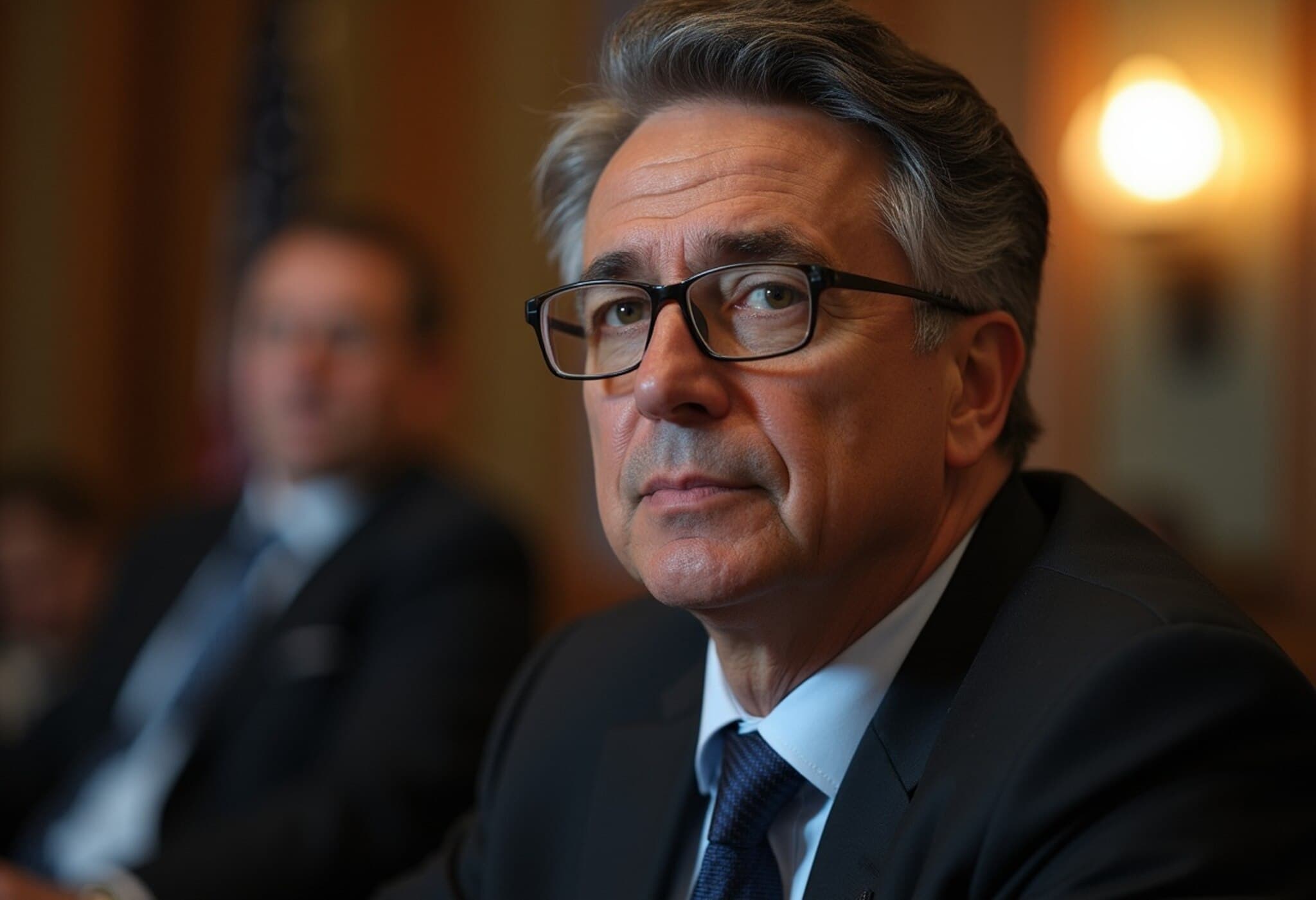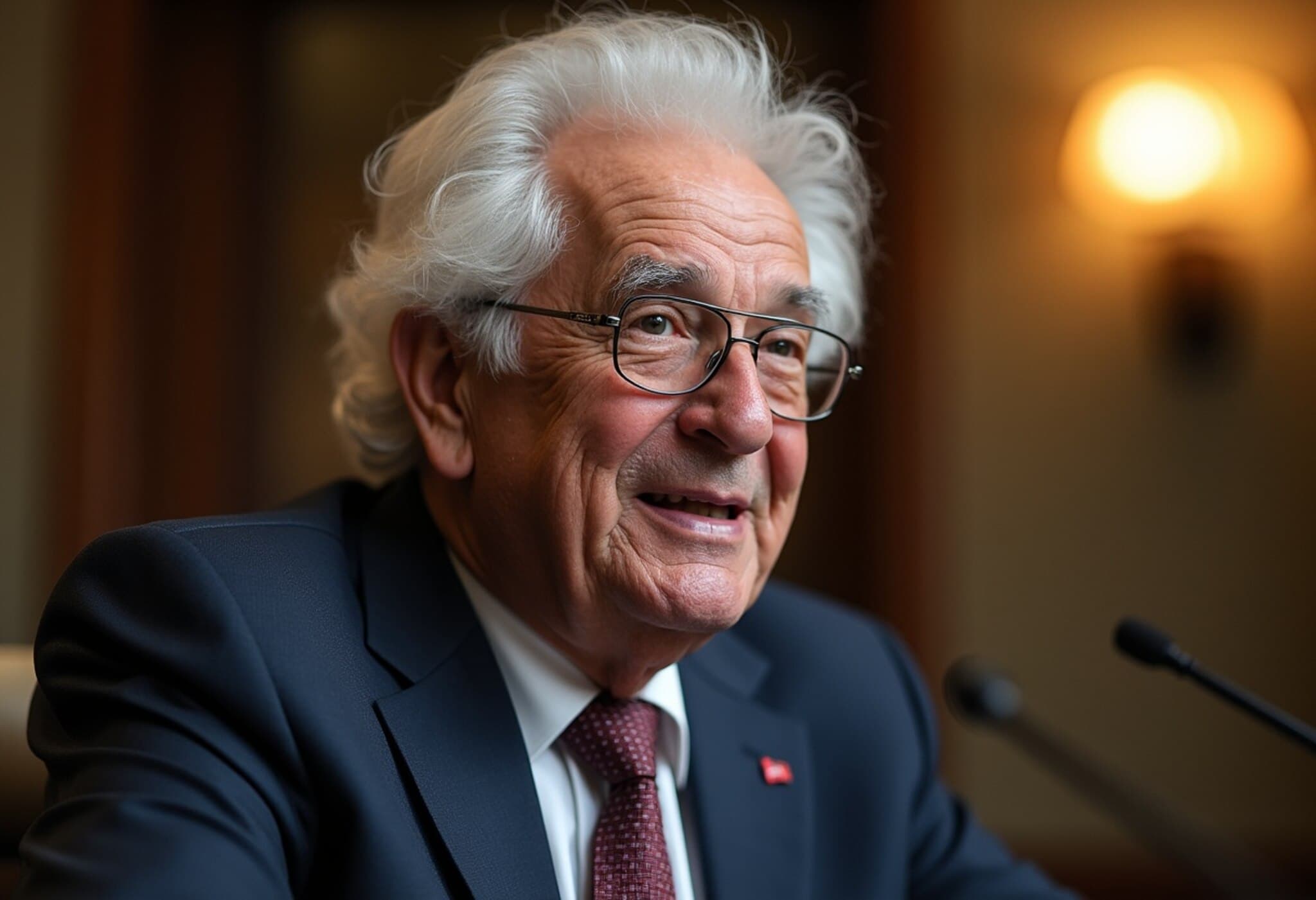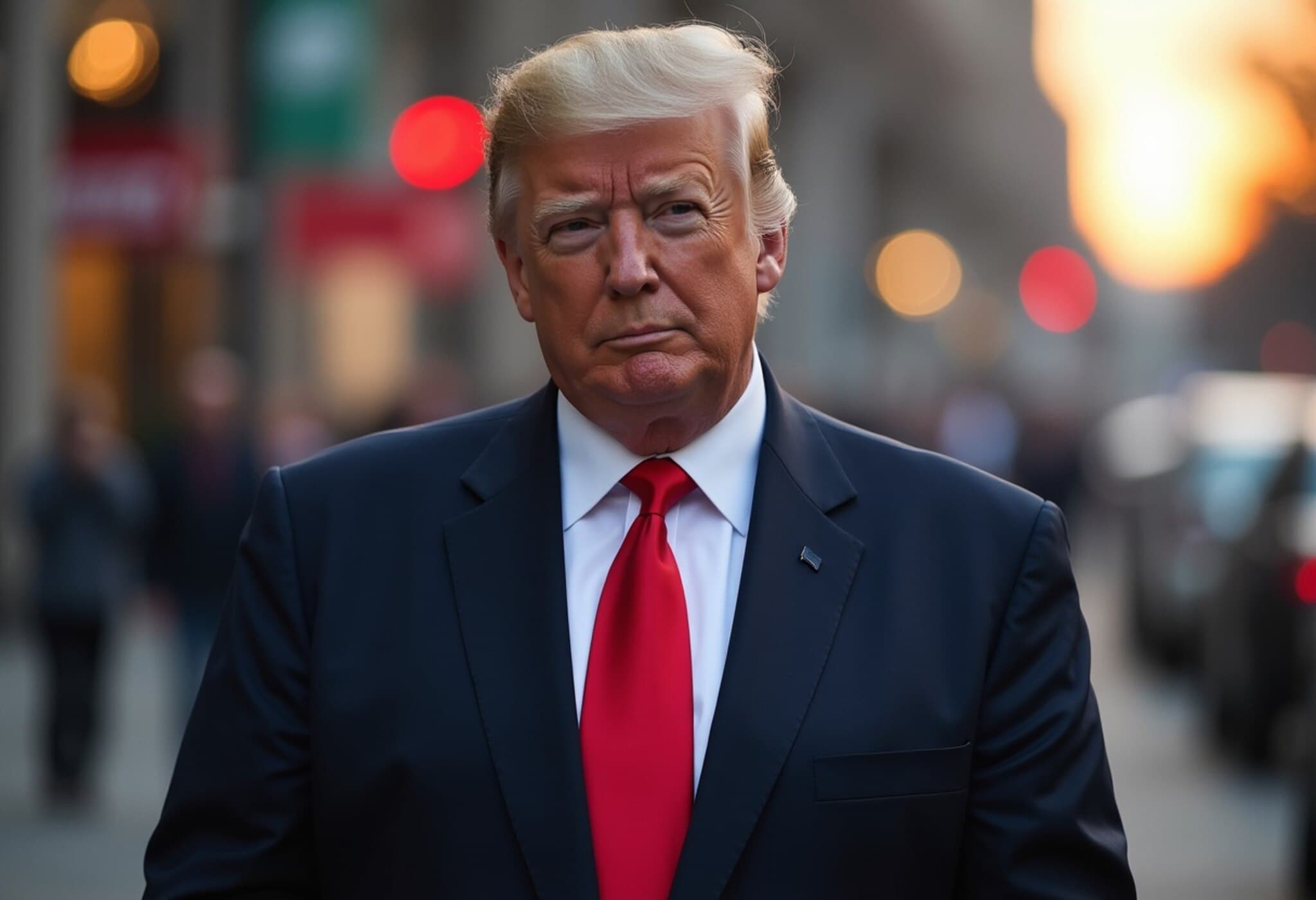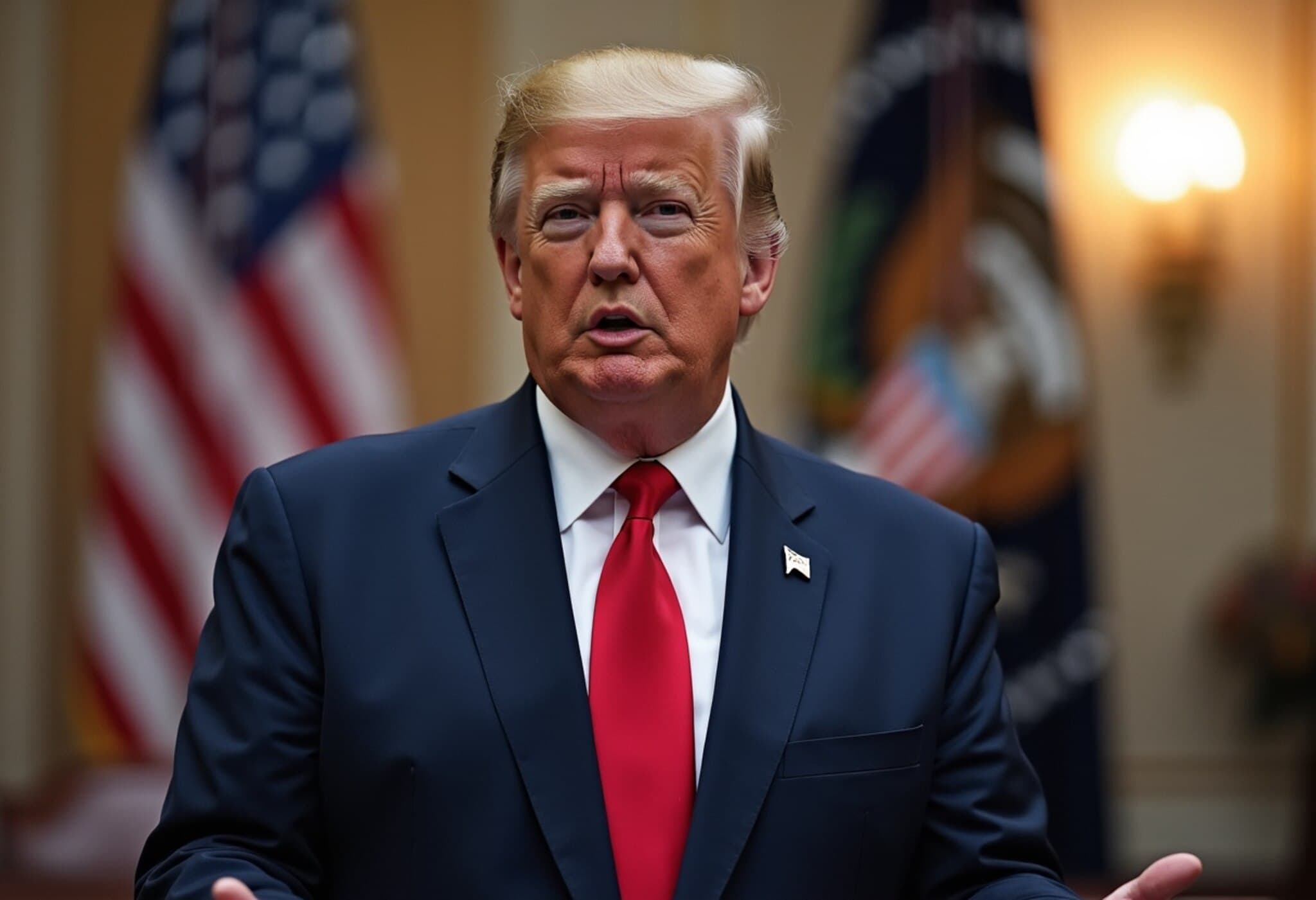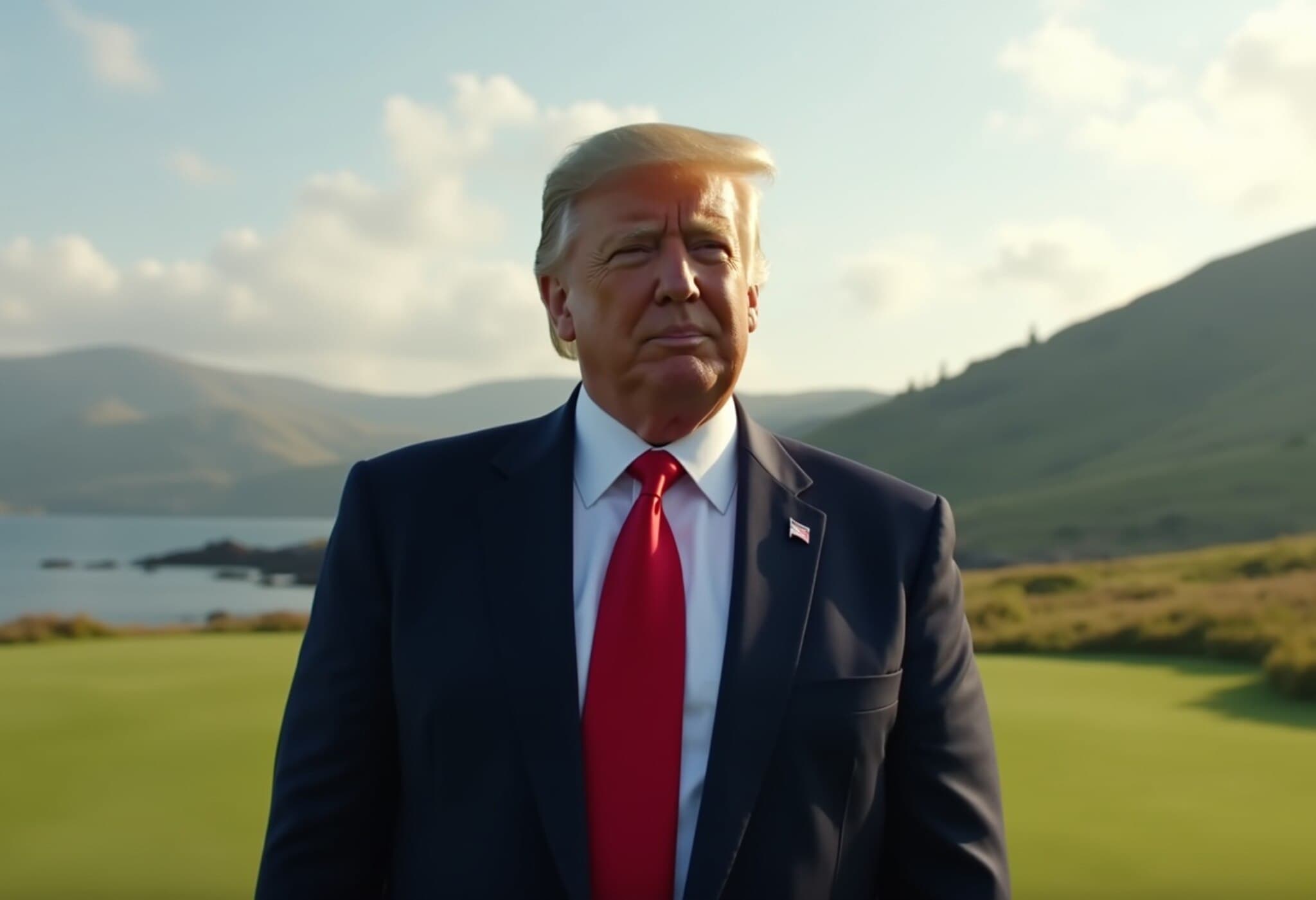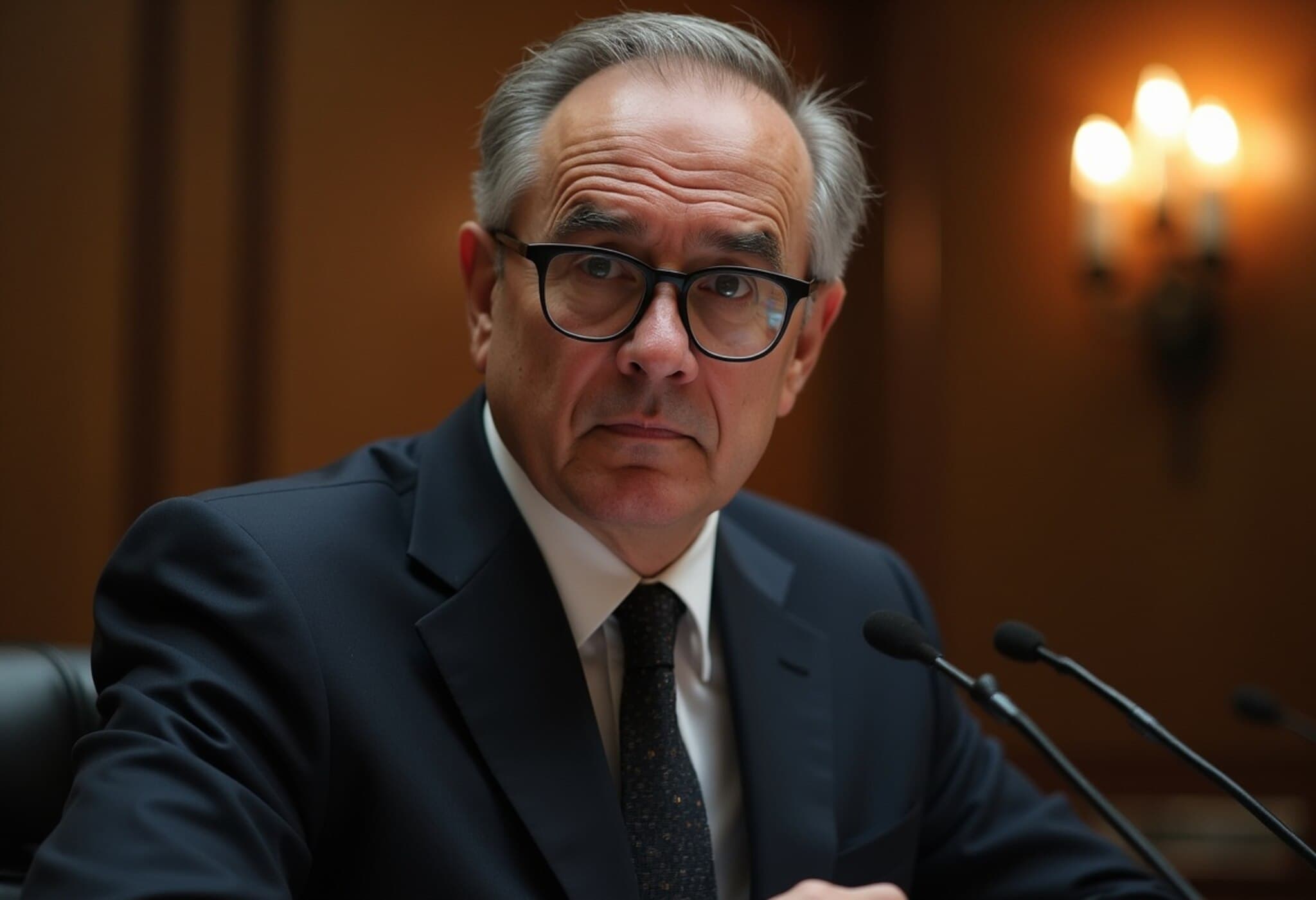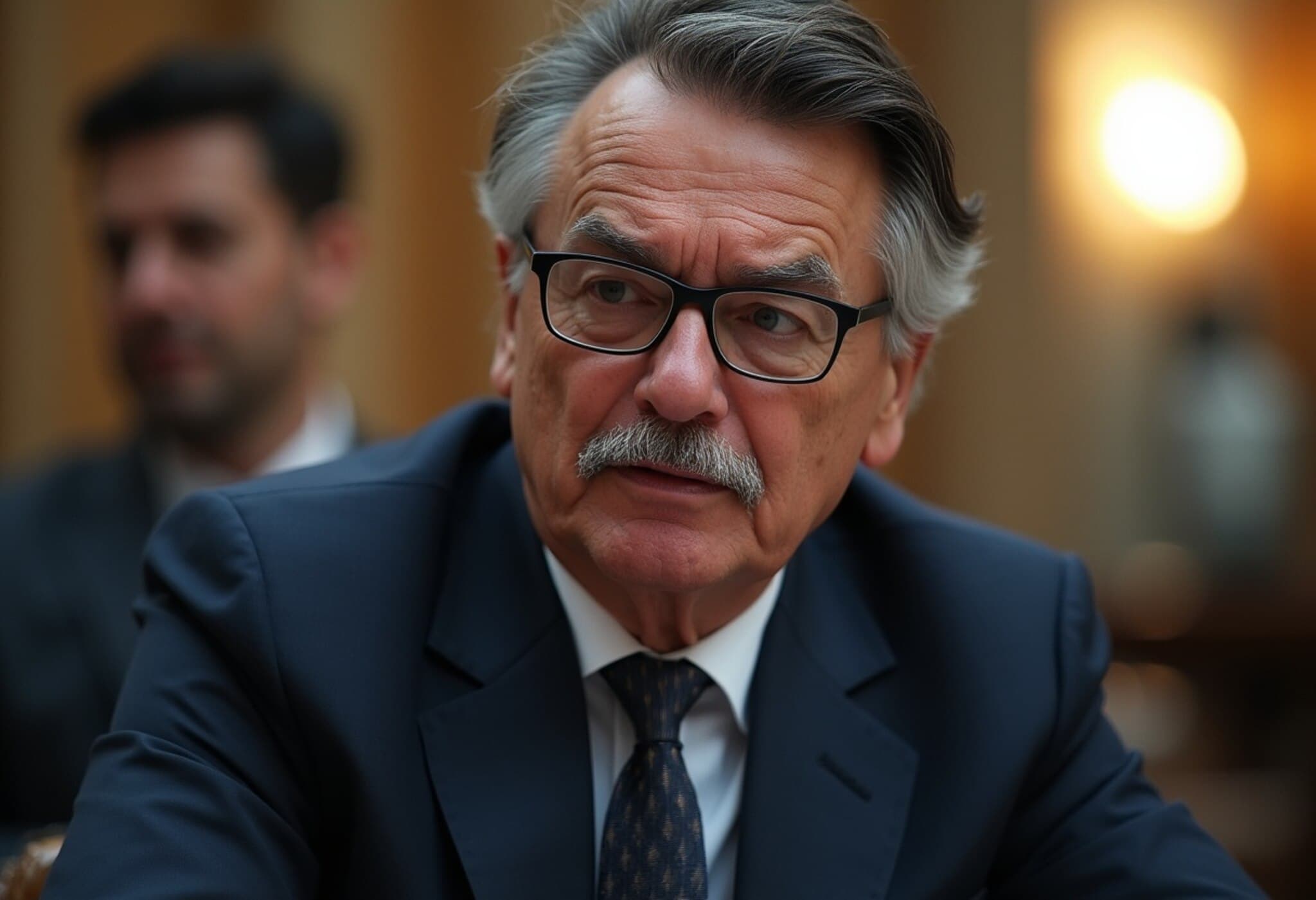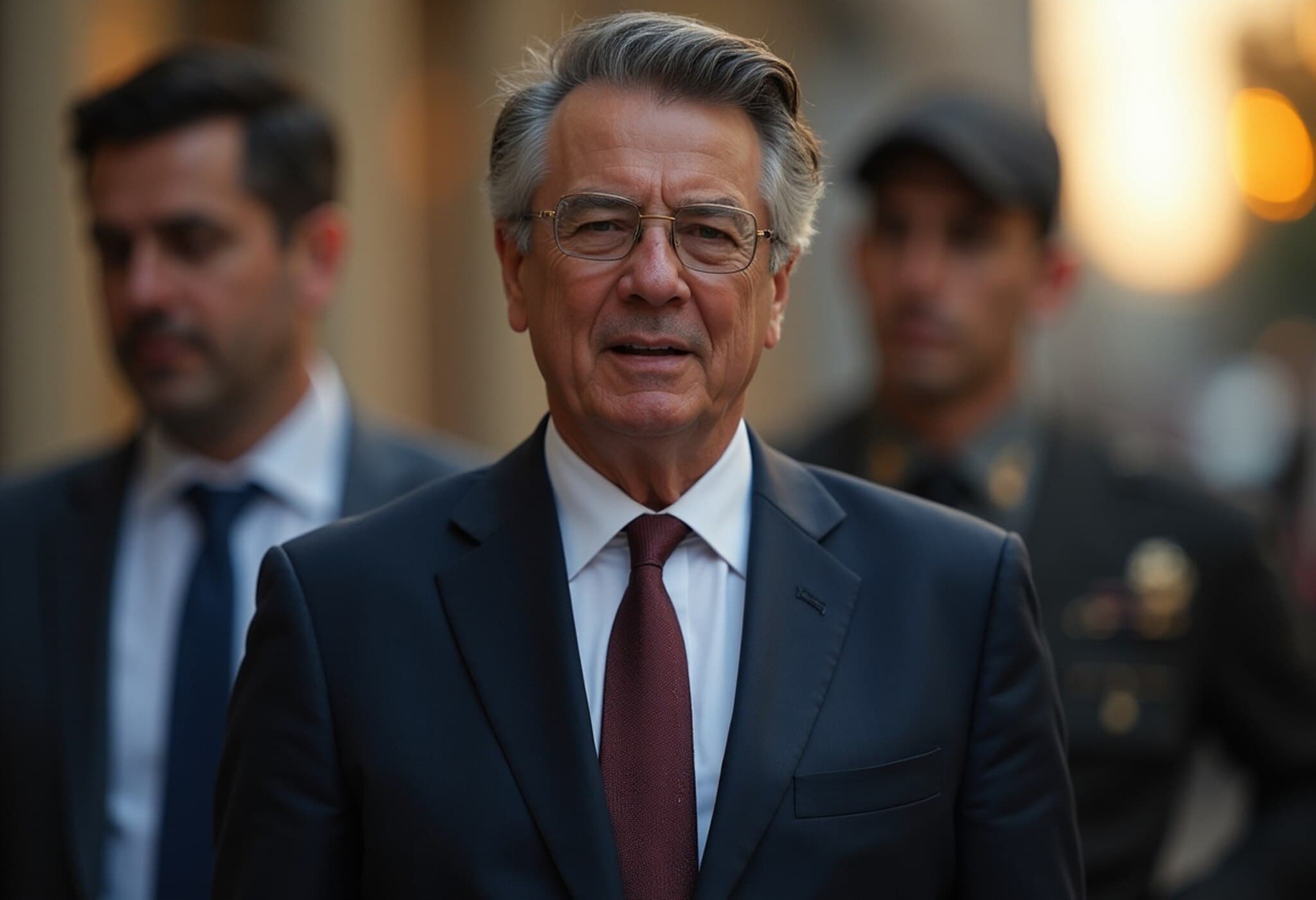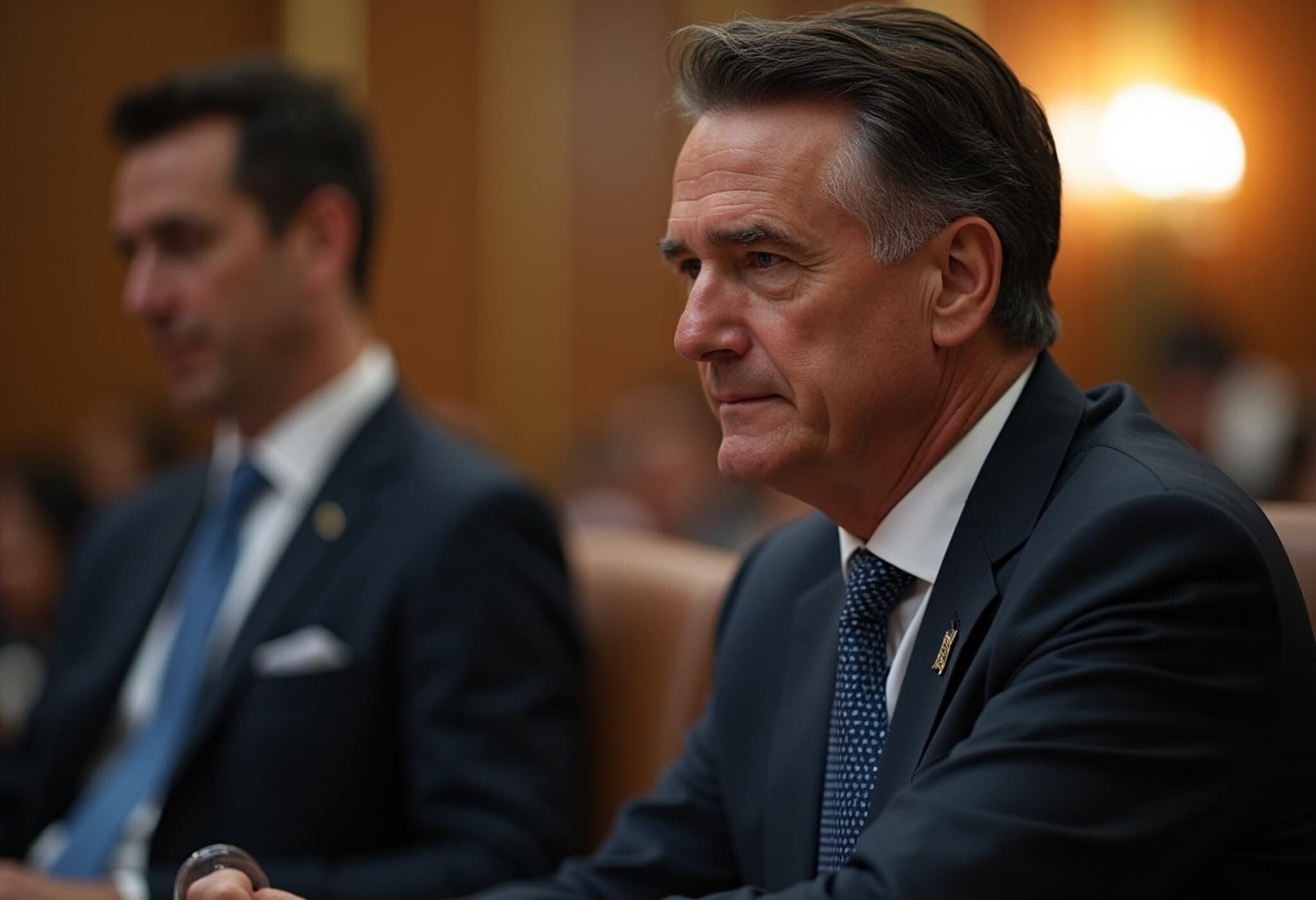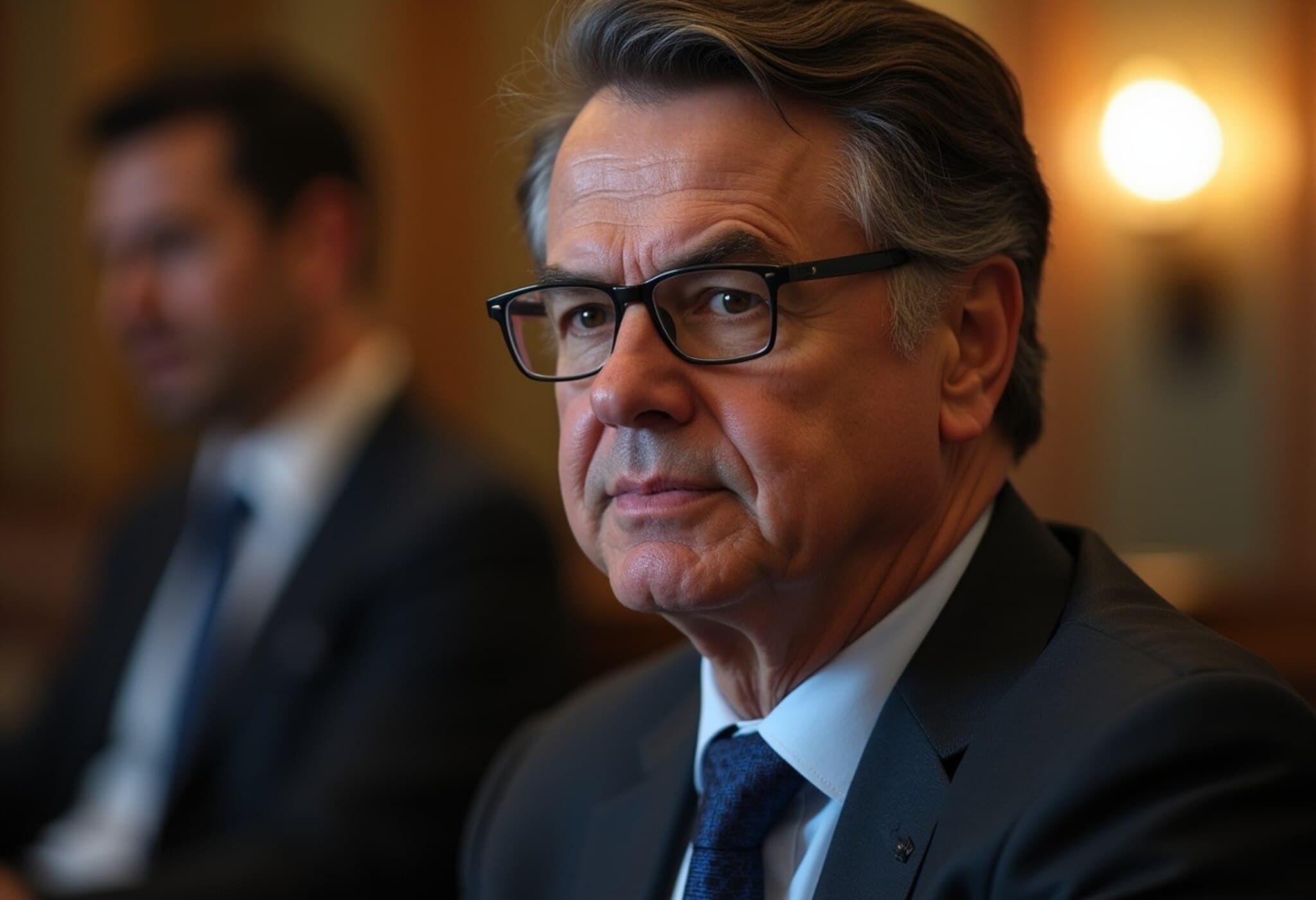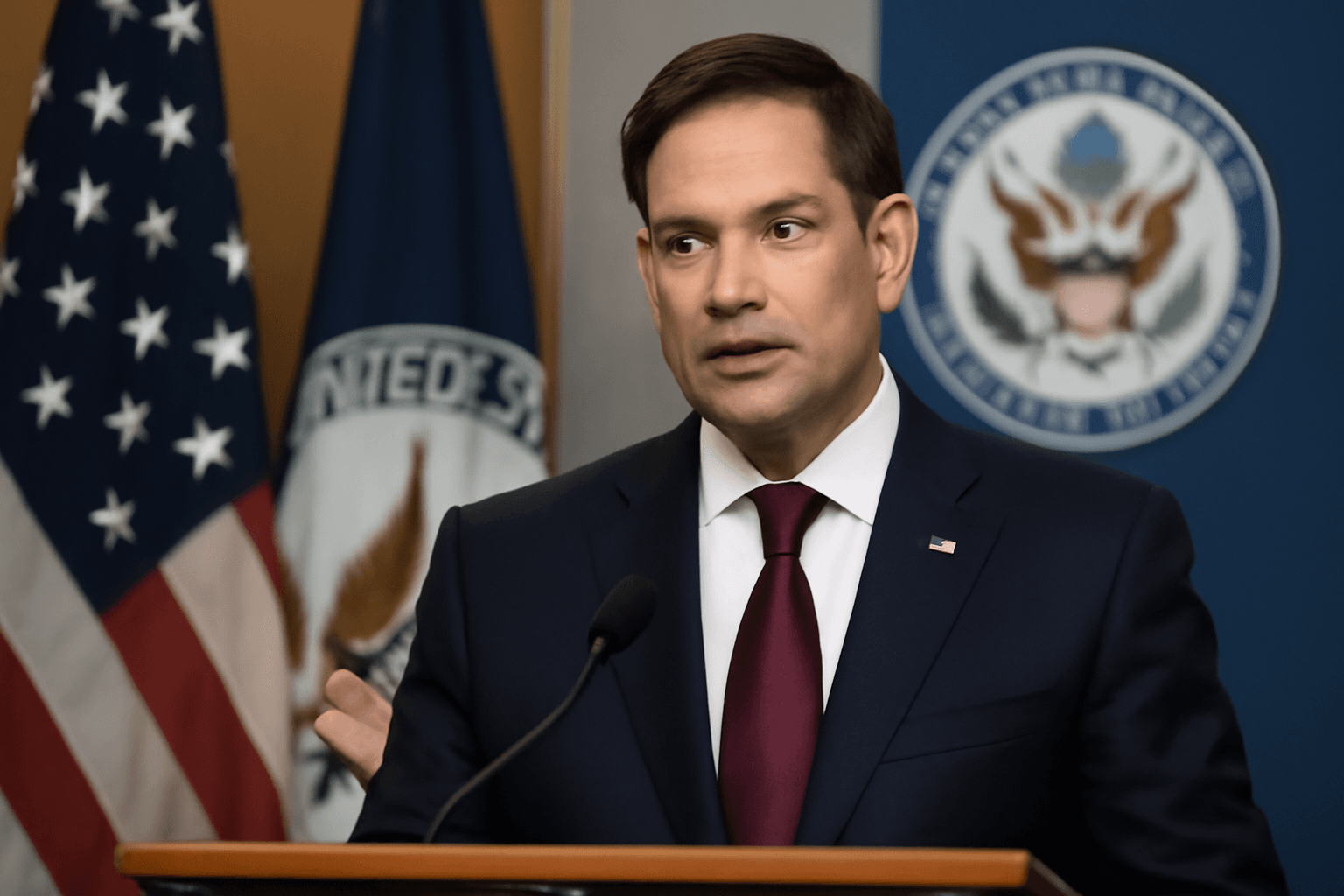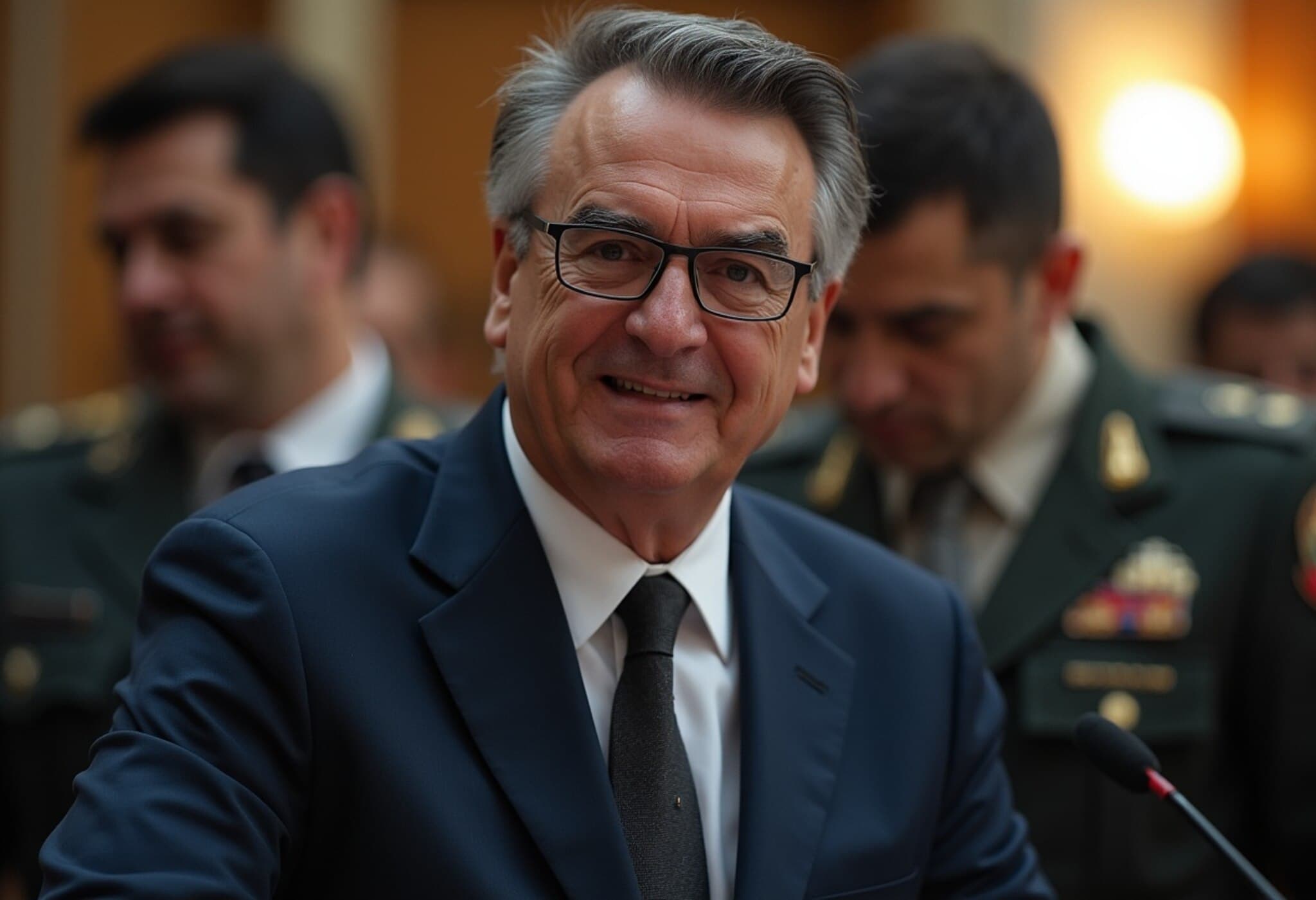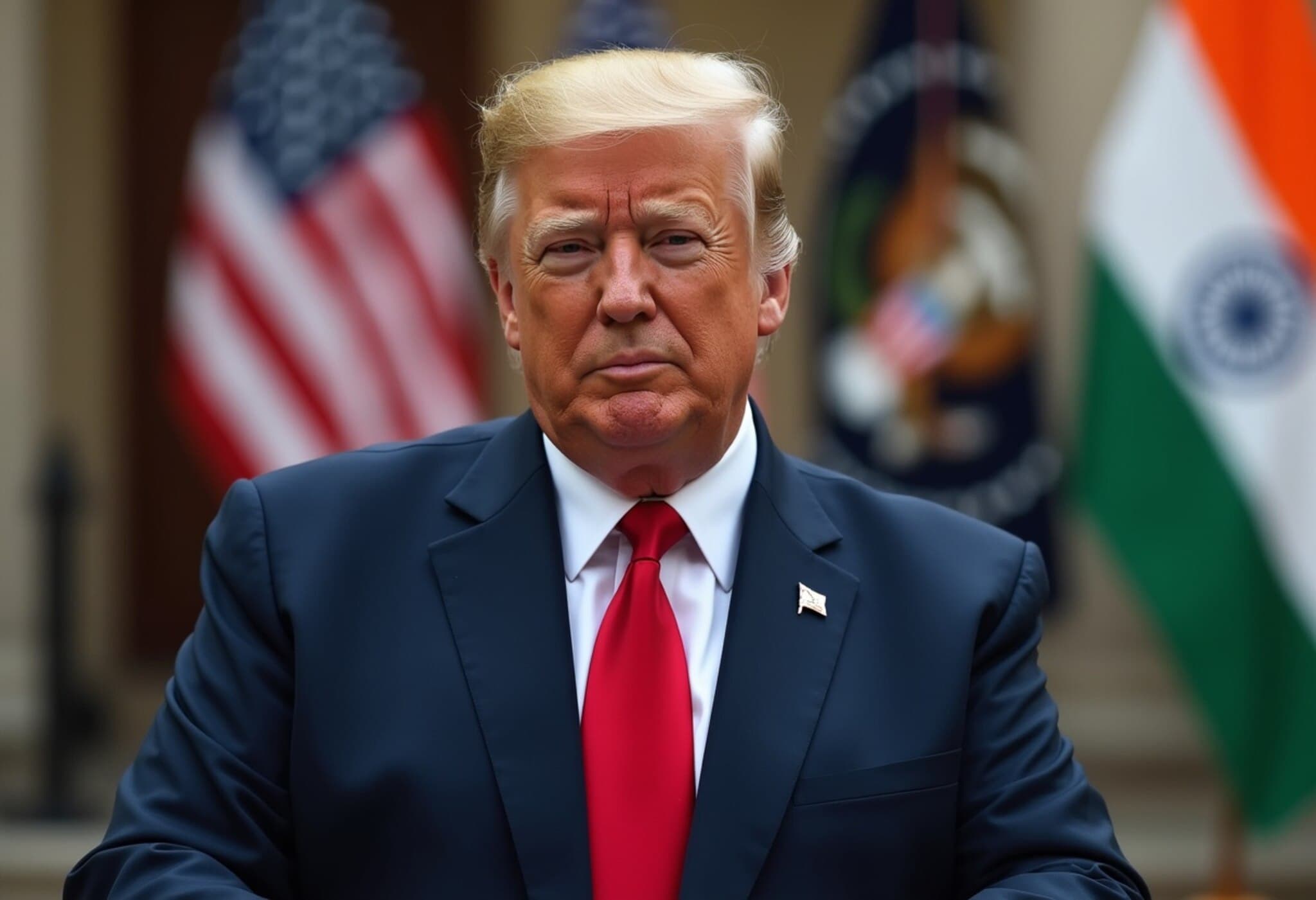US Imposes Sanctions on Brazilian Supreme Court Justice Alexandre de Moraes
In a move that has intensified diplomatic tensions between the United States and Brazil, the US Treasury Department announced sanctions against Brazilian Supreme Court Justice Alexandre de Moraes on July 30, 2025. The sanctions accuse Moraes of undermining human rights by authorizing arbitrary pre-trial detentions and suppressing freedom of expression amid his oversight of the high-profile criminal investigations involving former President Jair Bolsonaro.
Background: The Bolsonaro Criminal Case and Alleged Coup Plot
Justice Moraes leads the judicial proceedings against Jair Bolsonaro, who faces accusations of orchestrating a coup attempt to challenge the result of the 2022 Brazilian presidential election. These allegations have polarized Brazil’s political landscape, attracting keen international scrutiny. In the US, opinion remains charged, with former US President Donald Trump condemning the case against Bolsonaro as a "witch hunt" and tying it to new tariffs aimed at Brazil.
Details of the Sanctions and Legal Grounds
The sanctions are implemented under the Global Magnitsky Human Rights Accountability Act, a US law designed to penalize foreign individuals involved in human rights abuses or significant corruption. Treasury Secretary Scott Bessent sharply criticized Moraes, stating that the judge has turned into both "judge and jury in an unlawful witch hunt" targeting American and Brazilian citizens and entities.
- Allegations include unauthorized censorship campaigns.
- Unlawful arbitrary detentions violating human rights norms.
- Politicized prosecutions, notably against a prominent political figure, Bolsonaro.
Recently, Moraes issued orders restricting Bolsonaro’s use of social media and mandated surveillance with an ankle monitoring device — measures reflecting heightened judicial assertiveness in the case.
Diplomatic Fallout and Reactions in Brazil
The sanctions heighten an already strained rapport between the US and Brazil. Earlier, the US had imposed visa restrictions on Moraes, his family, and other judicial officials, a development condemned by Brazil’s President Luiz Inácio Lula da Silva as "arbitrary" and an infringement on Brazil’s judicial sovereignty.
President Lula emphasized that international interference in Brazil’s judiciary violates fundamental respects between nations and undermines democratic principles.
Contextual Analysis: Implications for Brazil-US Relations and the Rule of Law
This saga underscores complex questions at the intersection of international diplomacy, domestic judicial independence, and human rights:
- Judicial Independence vs. International Scrutiny: The US’s decision to sanction a sitting supreme court justice invites debate on the limits of foreign intervention in sovereign judicial matters, especially when courts tackle politically sensitive cases.
- Human Rights and Political Polarization: The use of the Global Magnitsky Act signals increased reliance on targeted sanctions to promote human rights abroad, though critics may view this as politicized or selectively applied.
- Economic Consequences: The sanctions come amid tariff escalations and trade frictions, potentially complicating Brazil’s economic recovery and bilateral trade, particularly given Brazil’s role as Latin America’s largest economy.
Looking Ahead: What to Watch
Key areas of interest include:
- Whether Brazil’s Supreme Court or government responds formally to the sanctions.
- Possible shifts in US trade and foreign policy towards Brazil in the coming months.
- Further developments in Bolsonaro’s legal case and their impact on Brazil’s political stability.
Editor’s Note
The US sanctions on Justice Alexandre de Moraes highlight a rare but consequential clash over judicial sovereignty, human rights, and geopolitics. As Brazil grapples with internal political tensions, the international community’s role—balancing respect for national legal processes with global human rights standards—remains a delicate, evolving challenge. Readers are encouraged to consider how legal accountability and political influence intersect within democratic institutions, both in Brazil and globally.

